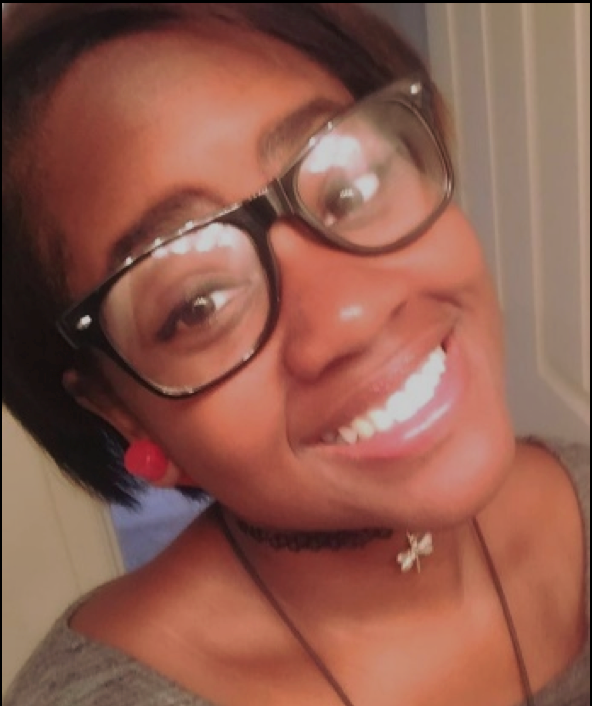Curator’s Note
The Black community, since the release of many xenophobic and discriminatory films like D.W Griffin’s Birth of a Nation, has worked to create an appropriate presence and image in American culture. Primarily, movies during this time ridicule Black people and condemned them to be mere servants or mammies, thieves, robbers, murders or villains. Manthia Diawara, a Malian film theorist’s argument recognized the inability for Black people to identify with their film/television show counterparts, he noted: “Whenever Blacks are represented in Hollywood, and sometimes when Hollywood omits Blacks from its films altogether, there are spectators who denounce the result and refuse to suspend their disbelief” (66). He argues that, African American filmgoers long have had to resist and negotiate with the ways in which they historically have been represented on screen.
With the rise of Blaxploitation films during the peak of the Civil Rights Movement, it aimed to justify and recognize Black culture and empower the community by portraying stronger independent characters. Films like the 1971’s, Shaft gave the culture a quintessential Black hero while 1974’s Foxy Brown promoted the strength and reconciliation of the Black female image. This trend continued as television shows like the Black sitcoms, Good Times and The Jeffersons, gave the community a collective empowerment and opinion as they were able to identify with characters on the big screen; something they have not been able to do before. Gloria Jean Watkins better known by her pen name bell hooks, is an American author who wrote: “The Oppositional Gaze” and notes that “there is power in looking (115).” Despite a history of oppression, hooks asserts that Black people have a right to observe and the right to identification without consequence or compromising their identity.
As the earlier movement, creates a collective view of Blackness, my video aims to redirect this notion in that New Media has created a space where Black people can identify with characters and situation in their own way. The objective of problematizing Blackness is to examine and discuss individual understandings and encounters. In my VR film, it faces the issue with just applying Diawara and hook’s analysis to contemporary films as a subjugation of the term, Blackness. Patrick E. Johnson author of Appropriating Blackness writes: “The term Blackness is slippery – once you think you have a hold on it, it transforms into something else and travels in another direction. (23)” This is what it means today, but what will it mean tomorrow; the authenticity of the “older versions” of blackness are consistently called into question. The conceptualization of the Black people has become a widely accepted motivation of multiple ideals throughout history. Varying forms of older media, in particular, has broadly characterized the African American or Black people into a conglomerate of all peoples under one title. The people who have contributed to this belief has failed to realize the variable types of the Black people in its entirety; insinuating, that all Black is the same Black. The problem with that notion, it’s elimination of self-identity. It creates a homogenous ideology that misrepresents and misinterprets a confound group of people – just based on the color of skin. In this context, it can be said that Blackness relies heavily on conceptions dating back to the early 50’s until late 80’s – it is a failure for black peoples to self-identify, reflect and be able to have the pleasure of the viewing experience.
This film is a direct conversation to the past arguments of Diawara and hooks, reintegrating personal identification of Blackness through the use of the reality television show: VH1’s Love and Hip-Hop Miami. Each scene is prompted by a variety of different viewers with a direct and individual reaction from the same episode. This reasserts my argument that though this is a television show for a Black audience, within that space there are a wide variety of transfiguring opinions and attitudes that change the perception of black spectatorship.
______________________________________________________________________________
Works Cited
Bell Hooks “In Black Looks, Race and Representation,” Boston South End Press 1992, Pages 115-31
Diawara, Manthia “Black Spectatorship: Problems of Identification and Resistance” Screen, Volume 29, Issue 4, 1 October 1988, Pages 66–79
E. Johnson Patrick, “Appropriating Blackness Performance and the Politics of Authenticity.” Durham: Duke University Press, 2003

Ashleigh Killiebrew
My name is Ashleigh Killiebrew, I am an English Major, Human Resource Development and Africana Studies Minor. I am a senior, graduating in December 2018. Through my academic career, I have grew increasingly interested in the Black Experience and unpacking relative theories and ideologies. For this VR video essay, I tackle one of the most recognized concepts within the construction of Black culture and cinema: Black Spectatorship.